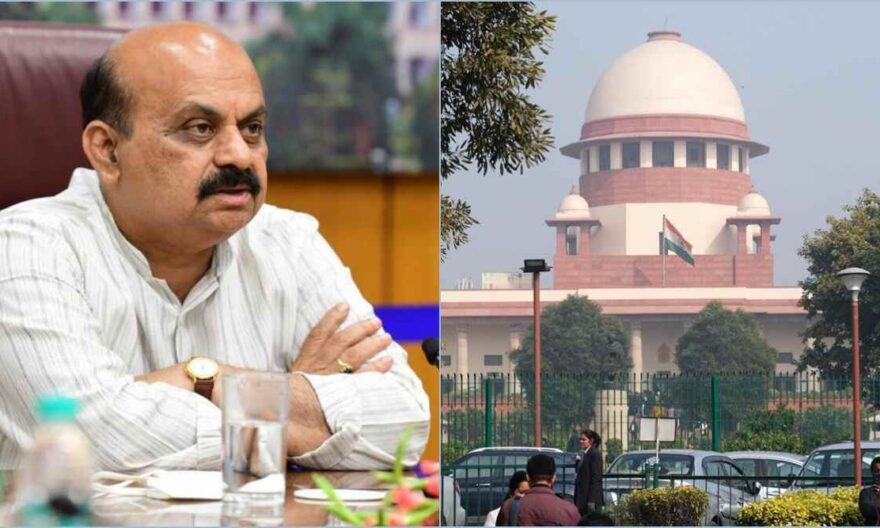
Karnataka government has said that the reservation solely on the basis of religion is unconstitutional, against the principles of social justice and secularism. The Karnataka government has said in an affidavit that the Muslim reservation not only violates the mandates of Articles 14, 15, and 16 of the Indian Constitution but also spread inequality in society, in its defense of scrapping the thirty-years-old four per cent reservation provided to Muslims in the OBC category in Karnataka.
The affidavit states, ““The aim of reservation, as envisaged in the Constitution, is to promote social justice by providing affirmative action to those who have historically been marginalized and discriminated against in society. The same has been enshrined in Articles 14 to 16 of the Constitution of India. The backward classes have been referred to as a “collection of certain castes” by none less than Dr BR Ambedkar. The whole point being there were socially and educationally backward classes in society who have been historically deprived and discriminated against. The same cannot be equated with an entire religion.”
The Karnataka Government submitted this affidavit in response to a petition challenging their decision to move Muslims from the OBC category to the ten per cent reservation pool for the economically weaker section in the state. The Muslims used to enjoy four per cent reservation in public employment and educational institutions. The decision aims at equally redistributing the now freed-up seats to the Veerashaiva-Lingayats and Vokkaligas. The petition is being herad by a bench comprising Justices KM Joseph and BV Nagarathna.
Notably, the Karnataka government has stated that while a ‘conscious’ decision has been taken to discontinue the policy of including the entire Muslim community in the OBC category, groups within the community that were found to be actually backward will continue to enjoy the benefits of the reservation same as earlier.




